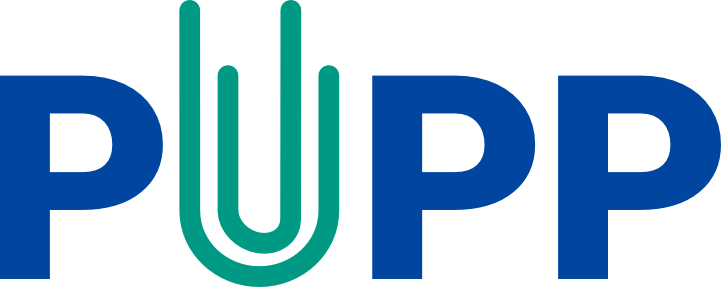
Les experts de PUPP présenteront une série de webinaires gratuits, destinés à toute personne intéressée par les différents thèmes de l’intégrité académique, la prévention du plagiat, les compétences (information, référencement) et plus encore… Sont invités, en particulier les enseignants et les étudiants universitaires. Bienvenue !
Continuez à surveiller cette page pour voir l’affichage des webinaires en français! 🙂
The Critical AI Literacy Imperative
April 9th, 2025, 10h am EDT (Montréal)
Lecturer: Dr. Guofang Wan

Webinar description: The webinar briefly reviews the changing landscape of GenAI and its impact on education. The discussion on the use of GenAI tools in education and its impact on academic integrity points to the imperative of critical GenAI literacy. Expand on critical media literacy, the webinar will describe importance of the critical AI literacy, and how to apply it in education settings.
Guofang Wan, Ph.D. Professor of education at Loyola University Chicago, and Fulbright Scholar at Federal University of Santa Caterina, Brazil. Dr. Wan has a long-time research interest and publications in promoting critical media literacy which evolved into critical AI literacy in education.
To register for this webinar CLICK HERE
